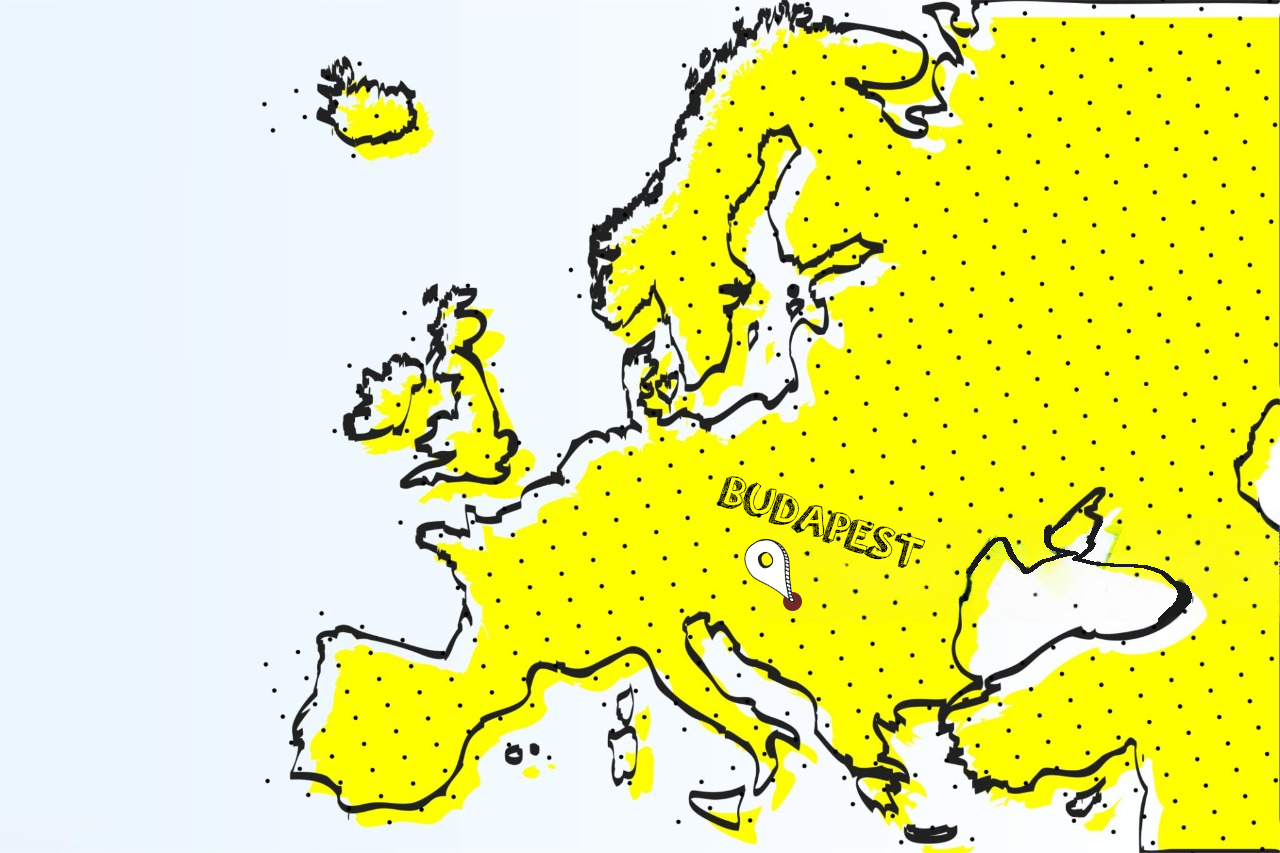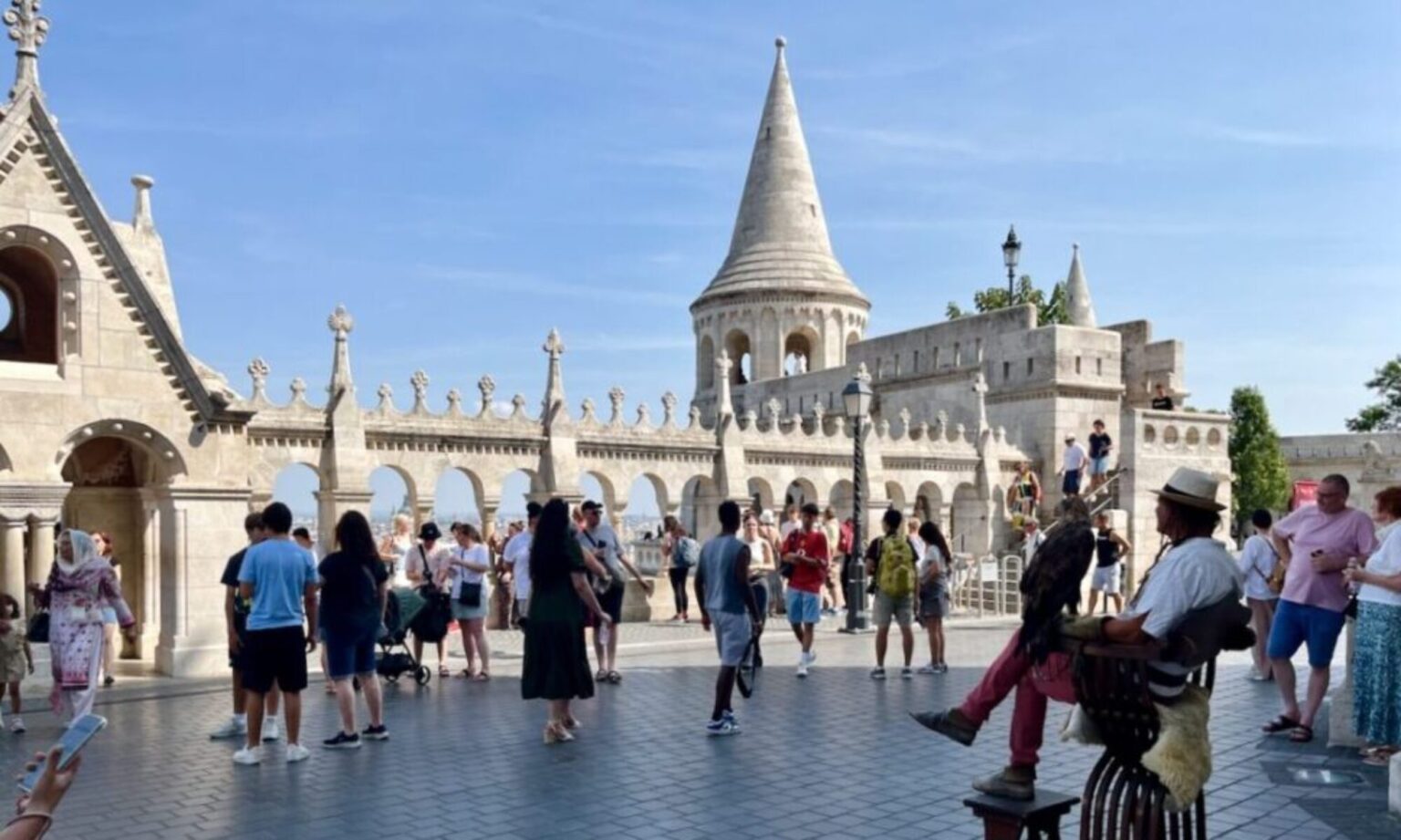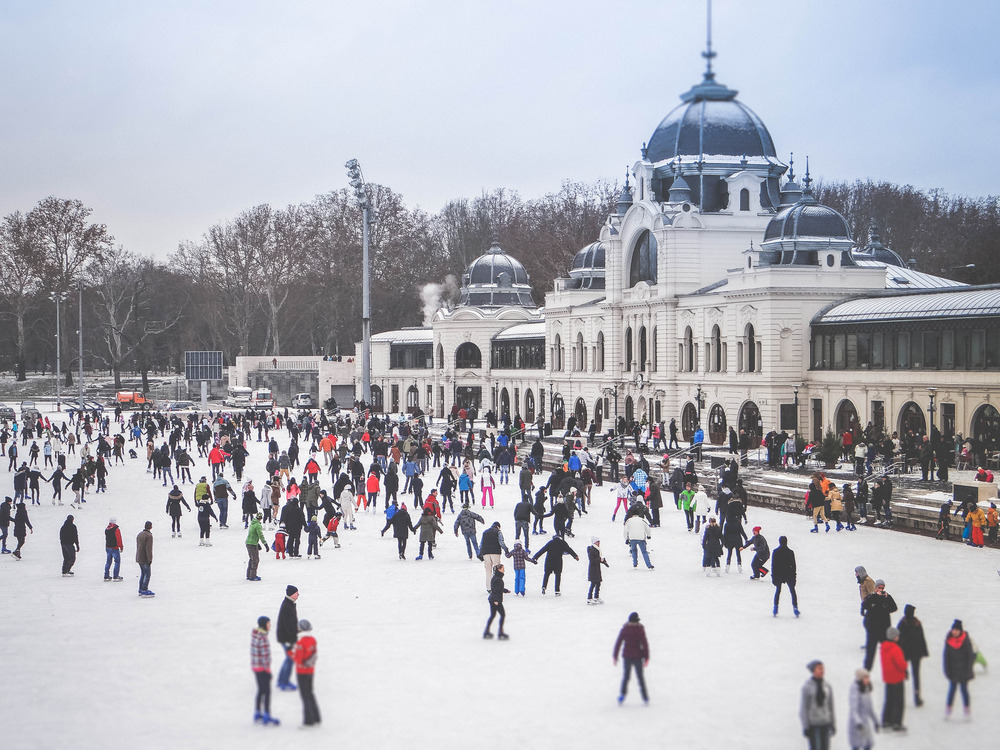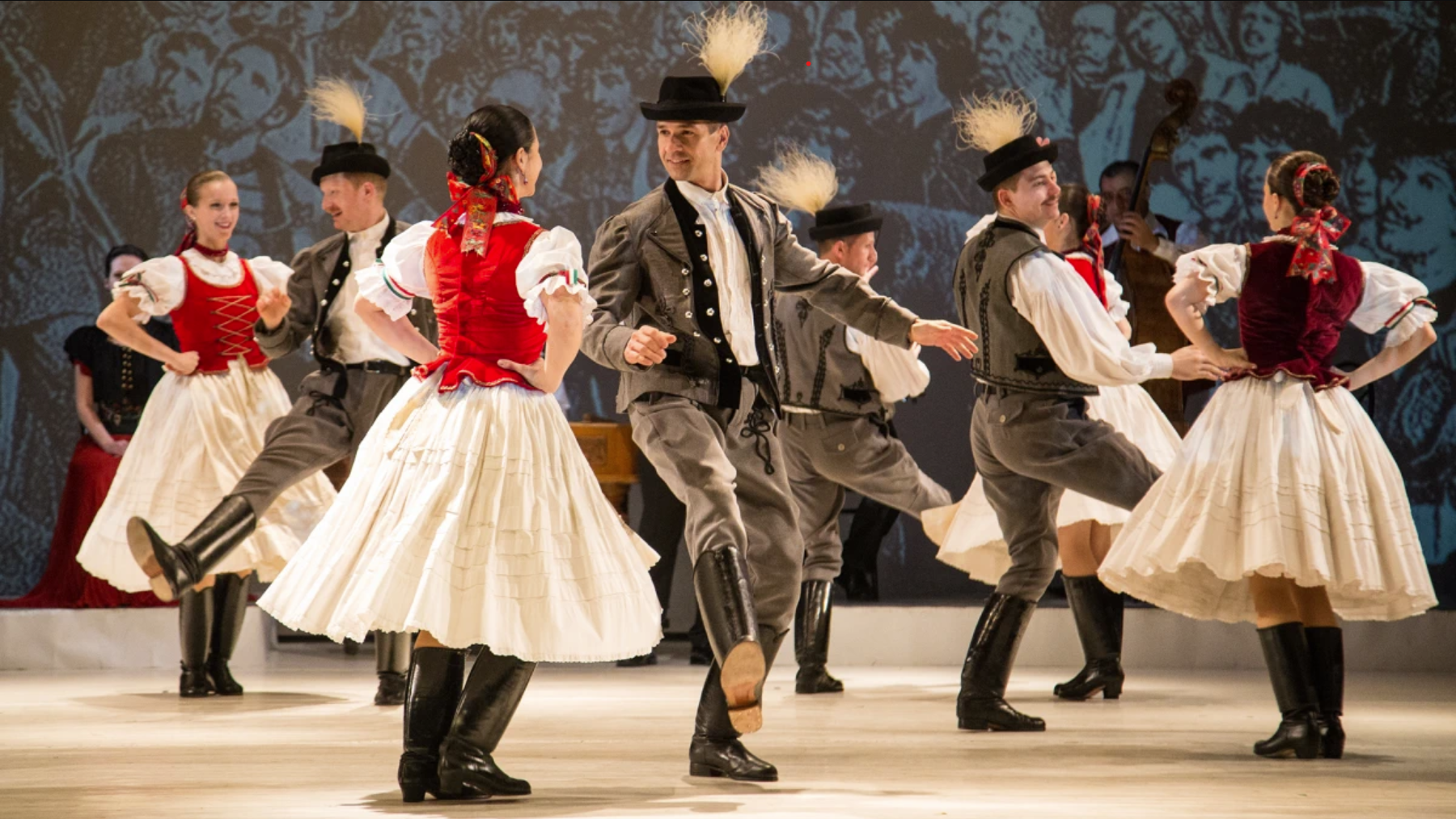YOU WANT TO KNOW ABOUT BUDAPEST?
Information about Budapest:
Chosen Destination: Budapest, Hungary.
We have chosen Budapest for our exchange program, convinced that this experience will allow us to improve our English and discover a new culture.
Host University: Obuda University.
We will be hosted by Óbuda University and the Dennis Gábor University, institutions renowned for the diversity of their academic programs.
Budapest population: Around 1.5 millions.

Objectives of the Exchange:
- Explore Budapest’s History: We plan to discover the city’s architecture and museums, which reflect its rich history.
- Enhance Our Skills: This exchange will help us strengthen our English proficiency and web development knowledge.
- Broaden Our Horizons: We aim to build international connections and enrich our personal and professional experiences.
What we can do in budapest:
Budapest: An Erasmus Experience to Remember
Budapest, the capital of Hungary, is a city full of history, culture, and iconic landmarks. Famous spots include the Hungarian Parliament, Buda Castle, Széchenyi Thermal Bath, St. Stephen’s Basilica, and the Chain Bridge. The Fisherman’s Bastion offers stunning views of the city, and Heroes' Square is a must-see for its monumental statues.
How to Get There?
Traveling by train to Budapest is easy, with direct routes available from many European cities, offering scenic views along the way, but it's also an ecological way to reach the city.
Geography and Climate
-
Hungary is a landlocked country in Central Europe, divided by the Danube River into Buda and Pest. It has a continental climate with colder winters and hotter summers compared to France, which has a milder climate, especially along the coast.
-
Budapest, with its continental climate, offers a distinct seasonal contrast to the milder temperatures of France, providing a different experience for Erasmus students looking to explore both modern life and rich history in a city with a unique climate.

The Hungarian Parliament
Széchenyi Thermal Bath

Fisherman's Bastion
Let's talk about Campus and student life in Budapest:
Campus life
Óbuda University is one of the oldest technical institutions in Hungary. As the name suggests, it is located in the historic area of Old Buda. The university has several campuses spread across Budapest, and we will be at the Von Neumann campus, dedicated to science and computer studies.According to former students from ESAIP, there is a friendly and multicultural atmosphere with many students coming from all over Europe.Just like in France, there are numerous cafeterias, well-equipped libraries, and even sports facilities on campus.
Student Activities
The university offers a wide range of activities for its students. International evenings, cultural days, and sports events are very popular. For example, every month, there is an "Erasmus Night," where students from different countries gather to exchange and share their cultures over a meal featuring specialties from all over the world. It is an excellent opportunity to build connections and improve English skills. Sports also play a significant role. The university is renowned for its sports teams, such as football, basketball, and dance.

Budapest ice ring
Cultural Events in Hungary
Hungary is a country rich in culture and traditions. Budapest hosts many festivals throughout the year. One of the must-see events is the Sziget Festival, one of the largest music festivals in Europe. It attracts artists from all over the world and thousands of young people. There is also the Verknipt Festival for techno music lovers. Other major city events include the Budapest Christmas Market, known for its magical decorations and Hungarian specialties. There is also the open-air ice rink, one of the largest outdoor rinks in the world. Budapest is also famous for their many thermal baths, numerous museums, and iconic buildings like the illuminated Parliament, which attracts many tourists.

Traditional Hungarian Folk Dance - Csárdás
Óbuda University has several student associations, including ESN Óbuda (Erasmus Student Network). This association helps international students integrate by organizing activities such as city tours, themed parties, and weekend trips. There are also thematic clubs, such as the robotics club, drawing club, sports clubs, and more.
How to move in Hungary?
Public transport in Budapest
To get around Budapest, it is recommended to use public transport. According to my research, it is possible to travel anywhere in Budapest within half an hour from the city center by using public transport. Moreover, there are various means of transportation, including the metro, buses, and trams. I was advised not to try to outsmart the ticket inspectors, as there are many of them, and they tend to focus on people they identify as tourists. Additionally, I learned that depending on the type of vehicle you board, the ticket required may vary, so it is essential to familiarize yourself with the public transport system at the beginning of your stay to avoid any issues. From a logistical perspective, Budapest has 4 metro lines (including the oldest one on the European mainland), over 40 tram lines that cross the historical center, and dozens of bus and trolleybus routes. There is also a funicular dating back to 1870 in Budapest, though it is more of a historical attraction than a practical means of transport.
Advice from students and integration
Students who traveled to Budapest before us strongly recommended taking the time to explore Europe. Since Hungary is located in the center of Europe, it is easy and relatively inexpensive to visit neighboring countries for a weekend trip. In our international culture class, we learned that Hungarians greatly appreciate it when people try to learn their language, so this could be a good way to integrate. Additionally, Budapest is known as a party city, so going out at night could be a great way to meet new people.

Tram in Budapest
What about cultural differences between France and Hungary ?
Communication and Language: In France, initial communication is often formal, with a strong emphasis on politeness and adherence to social etiquette. The language is rich and nuanced, and debates are appreciated. In Hungary, however, people tend to be more direct and less formal in their interactions, even in professional settings.
2. Approach to Time: The French tend to be more flexible with time, especially in social contexts where a few minutes' delay is often tolerated. Conversely, in Hungary, punctuality is crucial, particularly in professional environments.
Hierarchies and Professional Relationships: While hierarchies exist in France, professional relationships are often less rigid, with an emphasis on open discussion. In Hungary, the hierarchy is more pronounced, and decision-making is often centralized.
Work and Leisure: The French value a good work-life balance, with numerous holidays and a culture of relaxation. Hungarians, on the other hand, may be more focused on work and sometimes more willing to work overtime.
Meals and Socializing: In France, meals are a time for sharing and conviviality, often long and elaborate. In Hungary, meals are also important but can be quicker, though they remain social occasions.
Potential Sources of Culture Shock:
-
Communication: The direct communication style of Hungarians can unsettle the French, who are used to a more diplomatic and indirect approach.
-
Punctuality: The flexible approach to time in France can lead to misunderstandings with Hungarians, who expect strict punctuality.
-
Professional Practices: The more marked hierarchy in Hungary and the intensity of work can be perceived as shocking to a French person who prefers more equality in work relations.
-
Social Differences: Different ways of approaching respect, authority, and traditions can cause friction or misunderstandings.
Strategies to Manage Culture Shock:
-
Gradual Adaptation: Be patient and take the time to understand local practices. Immersing yourself in daily life and carefully observing the behaviors of locals will help you adapt more easily.
-
Open-mindedness: Adopt a positive and open attitude towards differences. What may seem strange or uncomfortable at first is part of another culture, and it’s crucial not to judge too quickly.
-
Learn Local Customs: Make an effort to understand the rules of politeness, punctuality, and social expectations in each country. This will allow you to act in accordance with local norms while gaining the respect of your interlocutors.
-
Active Listening: By being attentive and asking questions about behaviors or practices that seem unusual to you, you avoid misunderstandings. This also shows your willingness to learn and understand.
-
Flexibility and Adaptation: Stay flexible and adjust your expectations. For example, if you are in Hungary and the hierarchy is stronger than in France, respect this dynamic, even if it may seem more formal or distant.